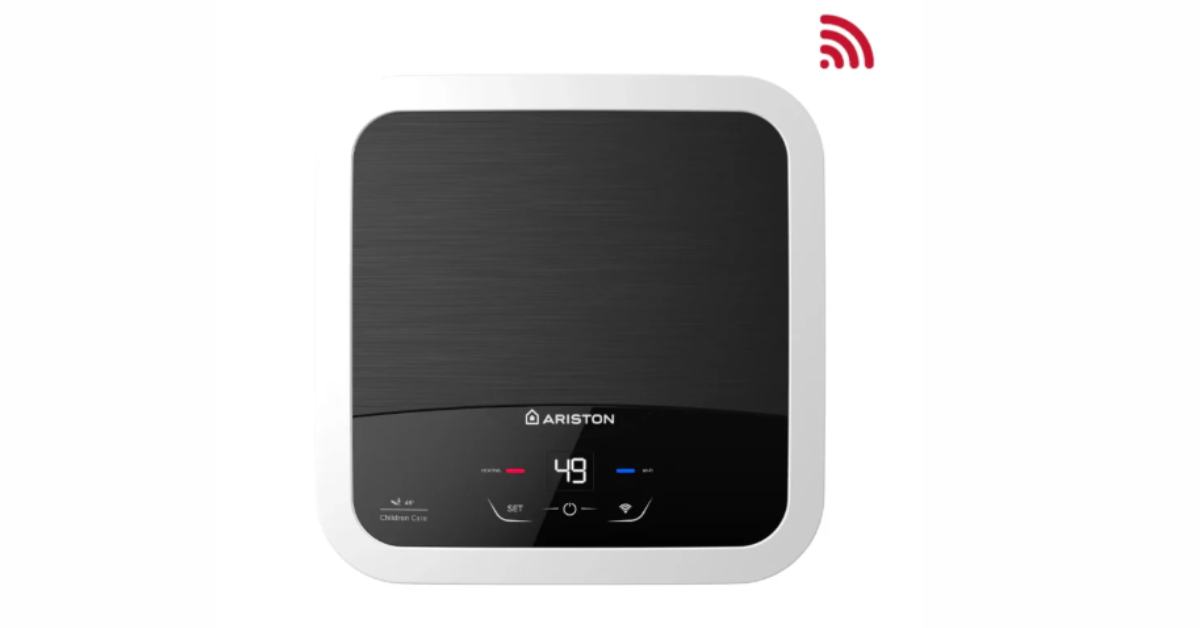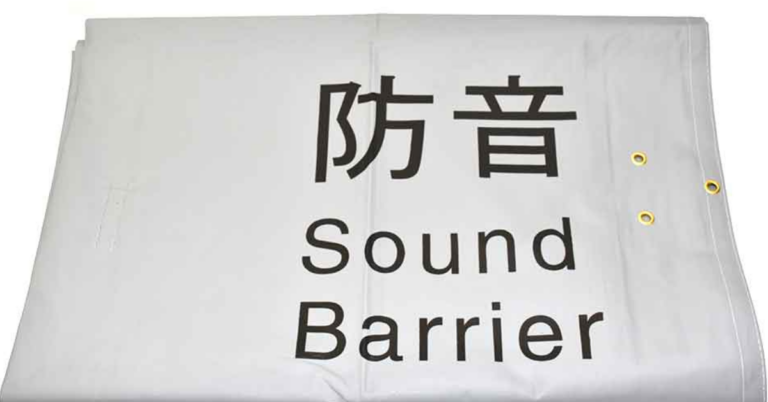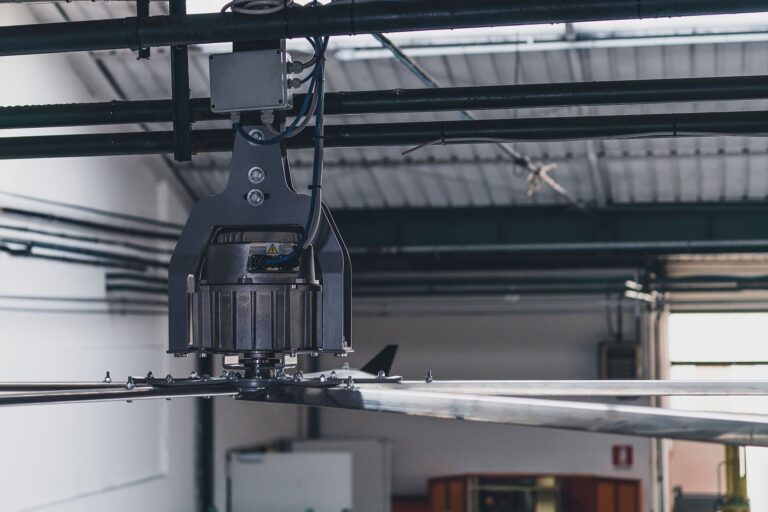Water Heater: Everything You Need to Know Before Buying
A Water Heater is an essential fixture in any modern household, providing the convenience of hot water for showers, cleaning, and even basic hygiene. Whether you’re moving into a new home, upgrading an old system, or renovating your bathroom, choosing the right water heater can significantly impact your comfort, energy bills, and long-term satisfaction.
In this comprehensive guide, we cover the basics of water heaters, types available, key features, installation considerations, pricing, and maintenance. If you’re looking to invest in a reliable system, this is the place to start.
What Is a Water Heater?
A water heater is a home appliance that heats water for domestic use. It can be powered by electricity, gas, solar energy, or a hybrid system. Most residential water heaters in urban homes (including Singapore) are electric—either instant (tankless) or storage (tank-based).
The choice of water heater depends on several factors:
-
Household size
-
Bathroom layout
-
Water pressure
-
Usage habits
-
Budget
-
Energy efficiency goals
Types of Water Heaters
1. Instant Water Heater (Tankless)
These compact devices heat water only when it’s needed, without storing it. Water passes through a heating coil and comes out hot instantly.
Pros:
-
Saves space
-
Energy efficient
-
Endless hot water (as long as unit capacity is sufficient)
Cons:
-
Limited flow rate (usually good for one outlet only)
-
Dependent on water pressure
Best for: Apartments, HDB flats, and smaller households.
2. Storage Water Heater
These heaters store and maintain a reservoir of hot water, typically between 15L and 50L.
Pros:
-
Can serve multiple outlets (e.g., dual bathrooms)
-
Steady water temperature
-
High-pressure compatible
Cons:
-
Takes up more space
-
Higher energy consumption due to standby heating
Best for: Condominiums, landed homes, and families with higher usage.
3. Gas Water Heater
Used in some landed properties or areas with piped gas, these systems heat water using gas instead of electricity.
Pros:
-
Lower operational cost
-
Suitable for high-volume usage
Cons:
-
Complex installation
-
Requires gas piping
Best for: Landed homes with existing gas infrastructure.
4. Solar Water Heater
This eco-friendly system uses solar panels to heat water, typically supplemented with electric or gas heating.
Pros:
-
Sustainable
-
Reduces long-term energy costs
Cons:
-
High initial investment
-
Requires rooftop space
Best for: Eco-conscious homeowners and landed properties.
5. Smart Water Heater
Advanced models that include features like WiFi control, scheduling, and digital thermostats.
Pros:
-
Saves energy
-
Remote access
-
User customization
Cons:
-
Higher cost
-
Requires stronger circuit setup
Best for: Tech-savvy users and modern homes.
Key Features to Consider
1. Heating Capacity
Measured in kilowatts (kW) or liters (L) for storage units. Match it to your daily consumption:
-
15–30L: Ideal for 1–2 persons
-
35–50L: Good for families
2. Safety Features
-
Thermal cut-off to prevent overheating
-
Pressure relief valve for storage units
-
IP-rated casings for splash resistance
-
Anti-scald protection
3. Energy Efficiency
Look for energy-saving functions such as:
-
Timer control
-
Smart thermostats
-
WELS (Water Efficiency Labeling Scheme) certification
4. Water Pressure Compatibility
In Singapore, older HDB flats may have lower pressure. Choose models labeled as low-pressure compatible if needed.
5. Brand Reputation & Warranty
Stick to reputable brands that offer:
-
Long warranties (5 years or more for tanks)
-
Local service centers
-
Good reviews and proven safety track records
Popular Water Heater Brands
Here are some well-known brands that supply high-quality water heaters in Singapore and the region:
| Brand | Specialty | Price Range (SGD) |
|---|---|---|
| 707 | Instant heaters, locally made | $130 – $400 |
| Joven | Affordable instant and storage models | $100 – $350 |
| Ariston | Stylish, smart-enabled units | $150 – $600 |
| Rheem | Durable storage heaters | $250 – $650 |
| Champs | Reliable for everyday use | $120 – $350 |
Installation Tips
Proper installation ensures safe use and longer lifespan. Here’s what to keep in mind:
-
Hire a licensed plumber or contractor
-
Ensure electrical circuit is strong enough (especially for instant heaters)
-
For storage heaters, confirm wall or ceiling mounting suitability
-
Ask for a product warranty card and keep the invoice
Installation Time:
-
Instant heater: 1–2 hours
-
Storage heater: 2–3 hours
-
Additional electrical/plumbing work may extend the timeline
Price Guide: Water Heater Costs
| Type | Heater Cost | Installation Cost | Total Cost (Est.) |
|---|---|---|---|
| Instant Heater | $90 – $300 | $80 – $120 | $170 – $420 |
| Storage Heater | $200 – $600 | $120 – $250 | $320 – $850 |
| Smart/Gas Heater | $400 – $1000+ | $150 – $300 | $550 – $1300+ |
Note: Additional fees may apply for old unit removal, rewiring, or valve upgrades.
Maintenance Tips
Regular maintenance ensures performance and safety:
-
Check for leaks around joints or tank
-
Descale heating elements every 12–24 months (for hard water areas)
-
Test safety valves on storage heaters annually
-
Flush storage tanks to remove sediment
Signs You Need a Replacement
-
Inconsistent water temperature
-
Discolored or rusty water
-
Noisy tank or heater
-
Water leaks
-
Heater older than 8–12 years
If you notice any of these, consult a technician to inspect or replace your unit.
Frequently Asked Questions (FAQ)
Q1: Which is better – instant or storage water heater?
A: Instant heaters are great for small households or single bathrooms, while storage heaters are better for families or homes needing hot water at multiple outlets.
Q2: How long does a water heater last?
A: A well-maintained heater lasts between 8 to 12 years, depending on brand, usage, and maintenance.
Q3: Can I install a water heater on my own?
A: It’s strongly discouraged. Always hire a licensed professional to ensure safety, proper wiring, and adherence to building codes.
Q4: Do instant water heaters consume a lot of electricity?
A: They use high power briefly (2kW to 8kW), but only when heating water. They’re energy-efficient for light to moderate daily use.
Q5: Are smart water heaters worth it?
A: Yes, if you want programmable heating, temperature control, and the ability to manage usage remotely. They help save energy over time.
Q6: Can I connect one heater to multiple bathrooms?
A: Only storage or gas heaters can serve multiple outlets. Instant heaters are generally used per bathroom.
Conclusion
Choosing the right water heater depends on your home layout, lifestyle, and comfort preferences. Whether you want a fast and compact instant heater or a powerful, multi-outlet storage system, it’s important to balance cost, efficiency, and safety.
Brands like 707, Joven, Ariston, Rheem, and Champs provide trusted options for every type of home in Singapore. Always work with licensed professionals for installation and servicing to ensure performance and peace of mind.






